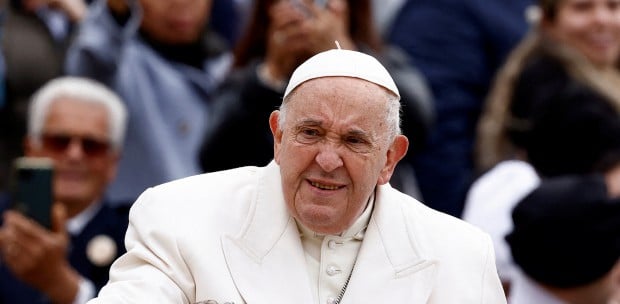The Greater Fool Theory is a concept in economics and investing that revolves around the idea that an investor can profit from buying an overvalued asset, anticipating that there will always be a "greater fool" willing to pay an even higher price in the future.
This theory relies on the belief that the market is irrational, and that one can make a profit by selling to someone else at a higher price, regardless of the intrinsic value of the asset.
The essence of the Greater Fool Theory lies in the willingness of investors to ignore fundamental factors such as financial statements, earnings potential, or economic indicators when making investment decisions. Instead, they rely on the expectation that they can always find someone else who is willing to pay a higher price, thus making a profit.
Understanding the Trap:
The Dutch tulip bulb market bubble, also known as tulipmania, was one of the most famous market bubbles and crashes ever. It occurred in Holland during the early to mid-1600s, when speculation drove the value of tulip bulbs to extremes. At the market's peak, the rarest tulip bulbs traded for as much as six times the average person's annual salary.
Today, the story of tulipmania is a parable for the pitfalls that excessive greed and speculation in investing can lead to.
The Greater Fool Theory can create a speculative bubble, where prices of assets become detached from their intrinsic value. In this situation, the market is driven more by speculation, hype and the expectation of finding a greater fool rather than the actual value of the asset.
Examples from history, such as the Dot-com bubble of the late 1990s and the housing bubble of the mid-2000s, illustrate the risks associated with this mindset.
Investors who subscribe to the Greater Fool Theory often overlook the importance of conducting thorough research and understanding the underlying fundamentals of their purchasing assets.
This lack of due diligence can lead to significant financial losses when the bubble eventually bursts and the market corrects itself.
There are ways to avoiding the folly of the Greater Fool Theory
1. Fundamental Analysis: To avoid becoming the greater fool, investors should prioritise fundamental analysis. This involves evaluating an asset's financial health, earnings potential, and other relevant factors.
Understanding the intrinsic value of an investment provides a solid foundation for decision-making, helping investors avoid being solely reliant on the expectation of finding a greater fool.
2. Risk Management: Implementing effective risk management strategies is crucial. Diversifying a portfolio across different asset classes and industries can help mitigate the impact of a potential downturn in a specific sector. Setting clear risk tolerance levels and using tools like stop-loss orders can also protect investors from significant losses.
3. Long-Term Perspective: Adopting a long-term perspective helps investors avoid the short-term fluctuations driven by speculative behavior. Instead of chasing immediate gains, investors should focus on the overall performance and growth potential of their portfolio over an extended period. This approach reduces the likelihood of falling victim to the allure of quick profits based on the Greater Fool Theory.
4. Educate Yourself: Continuous learning is essential for any investor. Staying informed about market trends, economic indicators, and changes in the regulatory environment can enhance decision-making. Educated investors are less likely to be swayed by market euphoria and are better equipped to identify genuine investment opportunities.
5. Avoiding Herd Mentality: The Greater Fool Theory often thrives on herd mentality, where investors follow the crowd without questioning the rationale behind their decisions. To avoid becoming part of the herd, investors should critically assess information, seek diverse opinions, and make independent decisions based on their own research and analysis.
6. Psychological Discipline: Emotional discipline is crucial in avoiding the pitfalls of the Greater Fool Theory. Greed and fear can cloud judgment, leading to impulsive decisions. Establishing a clear investment plan, sticking to predetermined goals, and avoiding emotional reactions to market fluctuations are key components of psychological discipline.
The Greater Fool Theory represents a risky approach to investing that relies on finding someone else willing to pay a higher price for an overvalued asset. To avoid falling into this trap, investors should prioritise fundamental analysis, implement effective risk management, maintain a long-term perspective, stay informed, resist herd mentality, and exercise psychological discipline.
By adopting these strategies, investors can navigate the complex world of finance with a greater likelihood of making informed and prudent investment decisions.
A bit of practical advice – you should always sell at some point before the share price reaches your intrinsic value. Get out sooner than later. Have a margin of safety even with your exit strategy. And allow the buyer of your shares also to make some money - there is no need to be so kiasu (a person having a grasping or selfish attitude arising from a fear of missing out on something) about investing.
If the share price goes up after you sell – do not feel bad about it. Adopt a 'prosper thy neighbour' attitude.
*The writer is the chief executive officer of the Minority Shareholders Watch Group





